-
•
•
12 responses

Bound feet. This will become relevant later. Obviously all sorts of content warnings here, as the kids say. In the Friends episode “The One With Free Porn” Joey and Chandler accidentally start receiving free porn through their cable service, and don’t turn off the TV for fear that they’ll lose it. The running joke throughout the episode is that their sense of reality and expectations about sexuality in daily life are warped, being surprised and dismayed that the pizza girl just drops off the pizza and the bank tellers just deposit their money. Not to suddenly go dark, but on a… Read More
-
•
•
13 responses
There has been some recent excitement in the Latter-day Saint scholarly community about the recent publication of BYU Life Sciences, The Restored Gospel of Jesus Christ and Evolution. It’s a publication that’s been years in the making, and highly anticipated during the last few years, so it’s good to see it come to fruition. Co-editor Jamie Jensen recent discussed the book in an interview at the Latter-day Saint history and theology site, From the Desk. What follows here is a copost to the full interview. Read More
-
•
•
The Doctrine and Covenants very rarely mentions women. In fact, it only mentions two contemporary women by name: Emma Hale Smith and Vienna Jaques. The former is by far the better known of the two, but Vienna Jaques is remarkable, for a few reasons. In a recent interview at the Latter-day Saint history blog From the Desk, biographer Brent Rogers discussed her life and role in the Church’s history. What follows here is a copost to the full interview Read More
-
•
•
6 responses
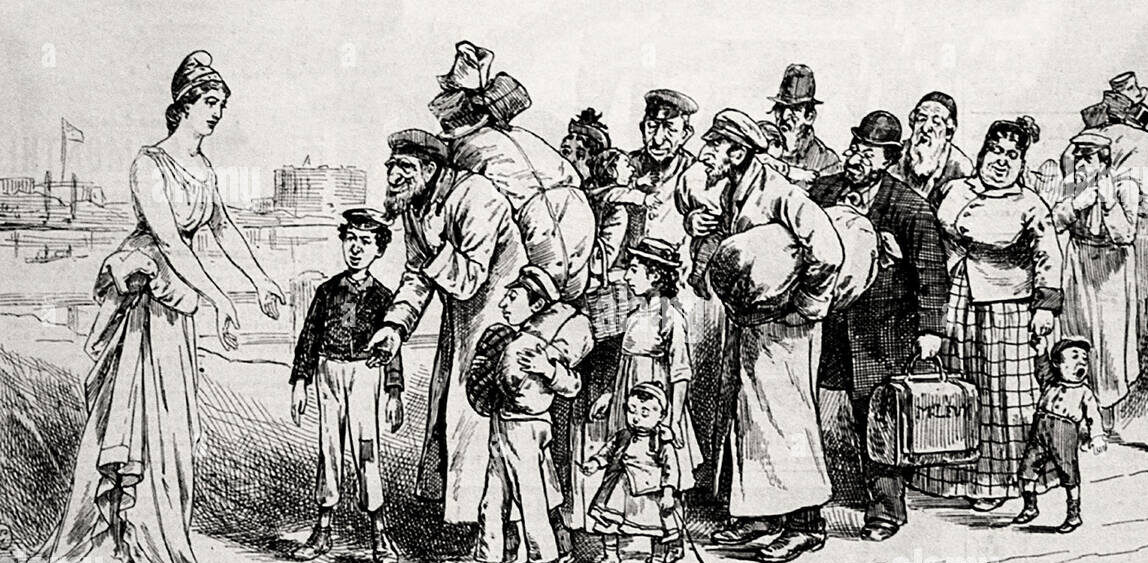
This past Sunday I was struck by a question in Sunday School. After the teacher had explained that the early Church had been forced to move from place to place until it reached Utah, a man who was baptized a few years ago asked, “Why were church members forced to leave so many places? I mean, the members here are so nice!” The subsequent discussion was wonderful, as well-informed members pointed out the need for gathering, how gathering can feel like a threat to outsiders, how members often didn’t act as they should — they weren’t always nice. One example… Read More
-
•
•
3 responses

A prophet looking into a curved universe One of the more curious asides in modern revelation is D&C 121 when God tells Joseph that he was living in a time “Which our forefathers have awaited with anxious expectation.” When all sorts of truths would finally be revealed: And also, if there be bounds set to the heavens or to the seas, or to the dry land, or to the sun, moon, or stars—All the times of their revolutions, all the appointed days, months, and years, and all the days of their days, months, and years, and all their glories, laws,… Read More
-
•
•
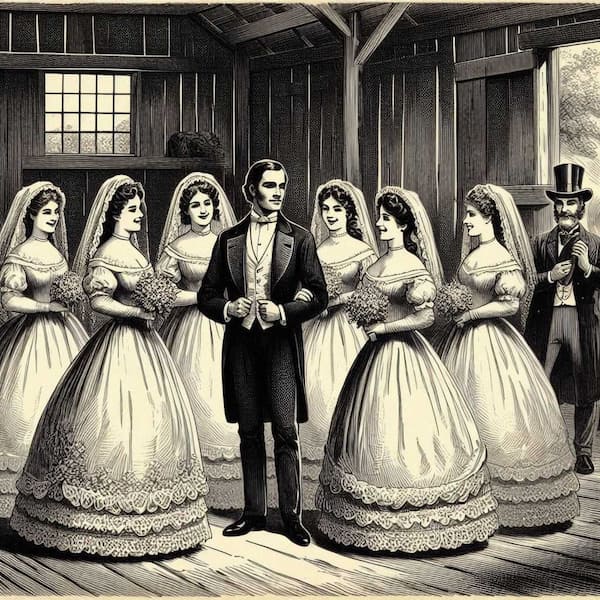
In the previous two posts in this series, I discussed an 1886 dictated revelation from John Taylor. A related claim to this document that I am addressing here is that when fundamentalist Latter-day Saint groups began to become a religious movement in their own right during the 1910s and 1920s, the leadership of the majority group claimed to have been given authority to perform plural marriages in perpetuity by President John Taylor. It’s uncertain what John Taylor said and did in this regard, but the position of the revelations and praxis of church presidents both before and after Taylor indicate… Read More
-
•
•
5 responses
This is about six years too late to count as a book review, but Don Bradley’s The Lost 116 Pages: Reconstructing the Book of Mormon’s Missing Stories is excellent. It is a rare combination of scriptural investigation and historical whodunit that is both fascinating and insightful. Read More
-
•
•

I get the idea of seeking good things, even gifts, but somehow it feels a little like being a child, pining away for the popular toy of the moment as a Christmas gift. If it’s a gift, shouldn’t it be something unexpected? Or at least shouldn’t we be humble enough to accept the gifts that are right for us instead of what we desire? Read More
-
•
•
16 responses
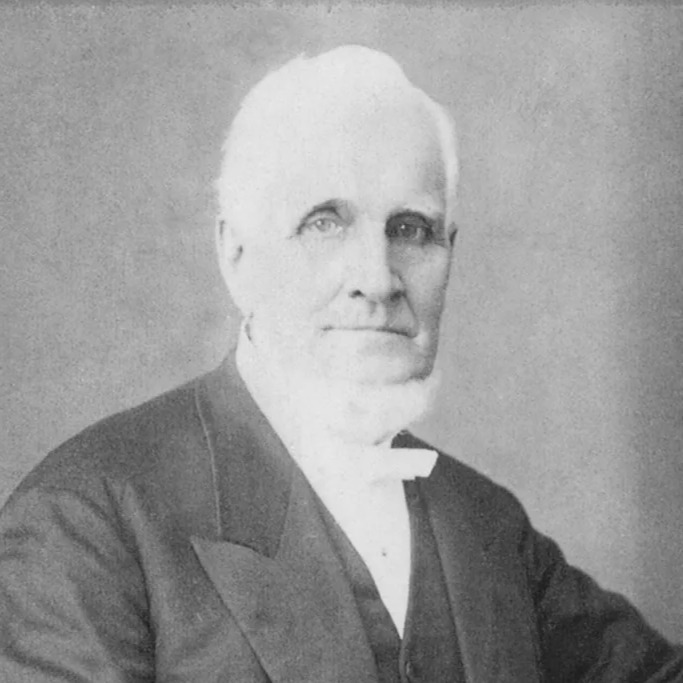
How do we make sense of John Taylor’s 1886 revelation, in the light of the Church’s stance that monogamy is the rule and polygamy is an exception? My response is that, first, one needs to keep in mind that dictated revelations (like the 1886 revelation, or even those in the Doctrine and Covenants), are not the unfiltered word of God. Second, one part of the process of weighing the validity of a revelation is the canonization process (a process that the 1886 revelation has not passed). Third, the text of the revelation is more ambiguous than it seems at first… Read More
-
•
•
6 responses
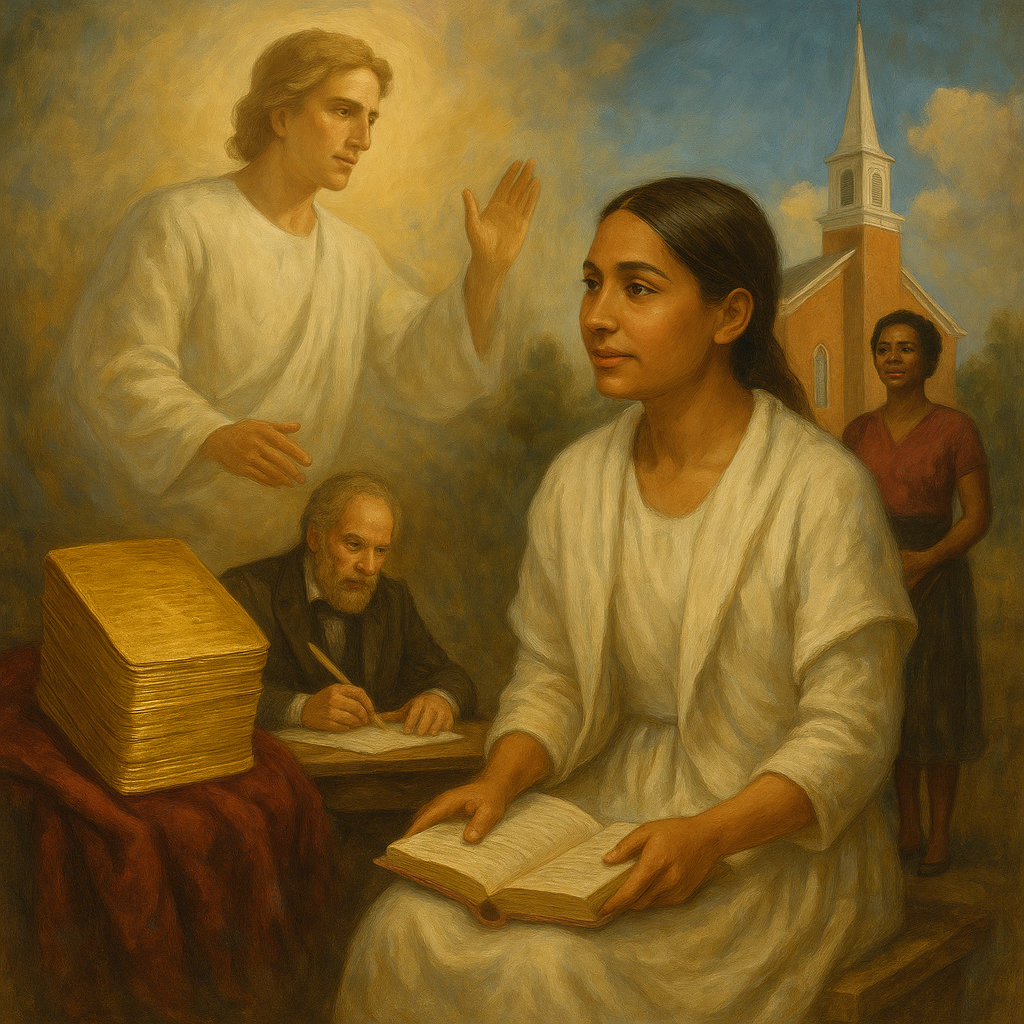
Bushman, Richard Lyman. “What Are We to Make of the Gold Plates?.” BYU Studies Quarterly 64, no. 1 (2025): 9. Read More
-
•
•
6 responses
Cinema Some AI generated, Church-related movies I created with Google’s new Vemo 2. David W. Patten’s fun, 2nd-hand, late account of being visited by Cain Joseph Smith writing D&C 121 in Liberty Jail Moroni burying the plates While AI has been able to do very short movie clips for some time now, I’ve waited for a while to do this post until it was somewhat passable. I think we’re kind of there now, but there’s still a lot of work to do. The clips are still quite short, and progress is still being made in fine-grained control over camera angles… Read More
-
•
•
6 responses

Assuming you are regularly in an LDS ward and stake buildings in the U.S., and likely other places as well, signs like this one are probably familiar. The Church uses uniform and consistent materials in buildings, and most, if not all, rooms have a label like this on them. The size, font and orientation of these signs are all consistent, which makes it easy for most of us to figure out where we should go in the building. Of course, you may have noticed something added to this particular sign. Read More
-
•
•
4 responses
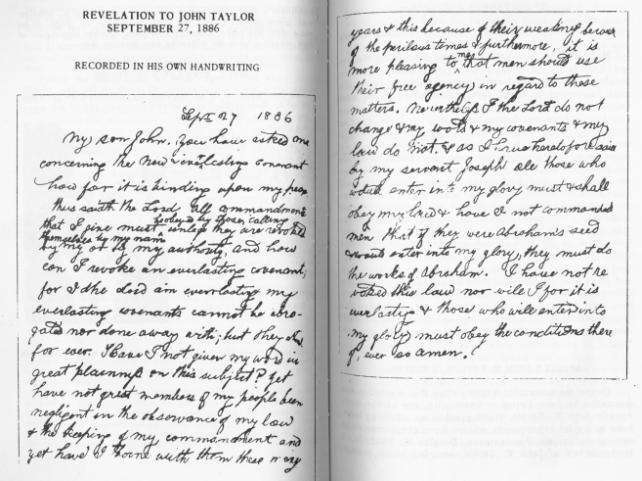
Back in November, I started a series entitled Monogamy is the Rule, outlining why we should expect monogamy to be the standard for marriage, both in this life and in the life to come. In the first of the series, I discussed how commandments and expectations from the Lord can change at different times, and that today, monogamous marriage is the commandment that must be kept to receive exaltation rather than plural marriage. In the second of the series, I discussed how there are multiple ways to interpret the revelations that have been used to undergird the practice (D&C 131–132).… Read More
-
•
•
3 responses
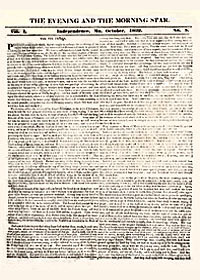
A series I am going to occasionally come back to on my takes on early Church primary sources that I’m reading. We have a tendency to only read secondary takes, whether a talk, book, or commonly shared anecdote, but there are often insights buried in the primary sources that don’t make it into the collective consciousness. The Evening and the Morning Star was the first Latter-day Saint newspaper, published in Independence and then Kirtland. As you maybe could tell from my last post that cited copiously from it, I’ve been schlogging through its issues (okay, maybe skimming, but it was… Read More
-
Come Follow Me Currculum, Doctrine and Covenants, Latter-day Saint Thought, SS Lesson – Doctrine and Covenants
•
•
3 responses

D&C 45 covers a lot of different things, from the role of the Savior to the safety of Zion. In the last few decades our LDS culture has also made a lot of this section’s observation that His disciples will ‘stand in holy places, and … not be moved.’ As an image that description suggests both that there are specific physical locations in which we should stand, and that we should remain in those locations. But I think these images are metaphors, and not physical sites — wasn’t the Good Samaritan ‘standing in holy places?’ It seems to me that… Read More
-
•
•
7 responses

In my last post, I discussed the process of canonization. While formal canonization has been rare since the late 19th century, key additions to the scriptural canon—such as the Pearl of Great Price and select sections of the Doctrine and Covenants—highlight a pattern shaped by prophetic authorship, broad communal use, and alignment with institutional priorities. These examples underscore a dynamic model in which “functional canon”—those texts already valued and widely cited—often lays the groundwork for what becomes official scripture. As the Latter-day Saint community continues to evolve, the interplay between tradition and revelation may yet open the door to future… Read More
-
•
•
20 responses

Canonization is a fascinating process. And with an open canon, Latter-day Saints have the potential to expand books of scriptures like the Doctrine and Covenants and Pearl of Great Price. The process of expanding the canon is a rare event in The Church of Jesus Christ of Latter-day Saints, especially since the 1870s, but some of the more recent additions give insight into the process and how it could unfold in the future. Read More
-
•
•
10 responses

Orson Hyde dedicating the Holy Land for the return of the Jews in the style of Jewish artist Chagall While the confidence intervals are large, a relatively recent Pew survey suggests that Latter-day Saints are the most pro-Jewish religious group besides Jews themselves, and an older Gallup survey shows that Latter-day Saints are the most pro-Israel religious group besides Jews. (Yes yes, I know that being pro-Israel does not equal being pro-Jewish necessarily, but still, in this case I think the two are at least related.) Our philo-semitism does not surprise me. Our own religious aesthetic has Hebrew overtones; when… Read More
-
•
•
One response

The 13th International Art Competition exhibition at the Church History and Art Museum in Salt Lake City opened this morning. The theme of the competition is based on Doctrine and Covenants 81:5: “Wherefore, be faithful; stand in the office which I have appointed unto you; succor the weak, lift up the hands which hang down, and strengthen the feeble knees.” All told, 584 artists entered the competition, from which 150 pieces of art were selected for the exhibition, with artists from 26 different countries contributing to the display. Laura Paulsen Howe (Church History Museum art curator) compared the compilation to… Read More
-
•
•
4 responses
Doing good works for proselytizing purposes is fine. I’ve heard complaints that doing so is somehow selfish (Helping Hands shirts, etc), and people point to Matthew 6:1-4. But there’s also Matthew 5:14-16 “let your light so shine before men, that they may see your good works, and glorify your Father which is in heaven.” I’d say the difference is between seeking attention as an individual vs. gaining attention for the group. Jesus encouraged proselytizing, and, as I see it, Jesus wanted people to follow him, and was okay performing his own good works to gain disciples. Read More
-
•
•
5 responses
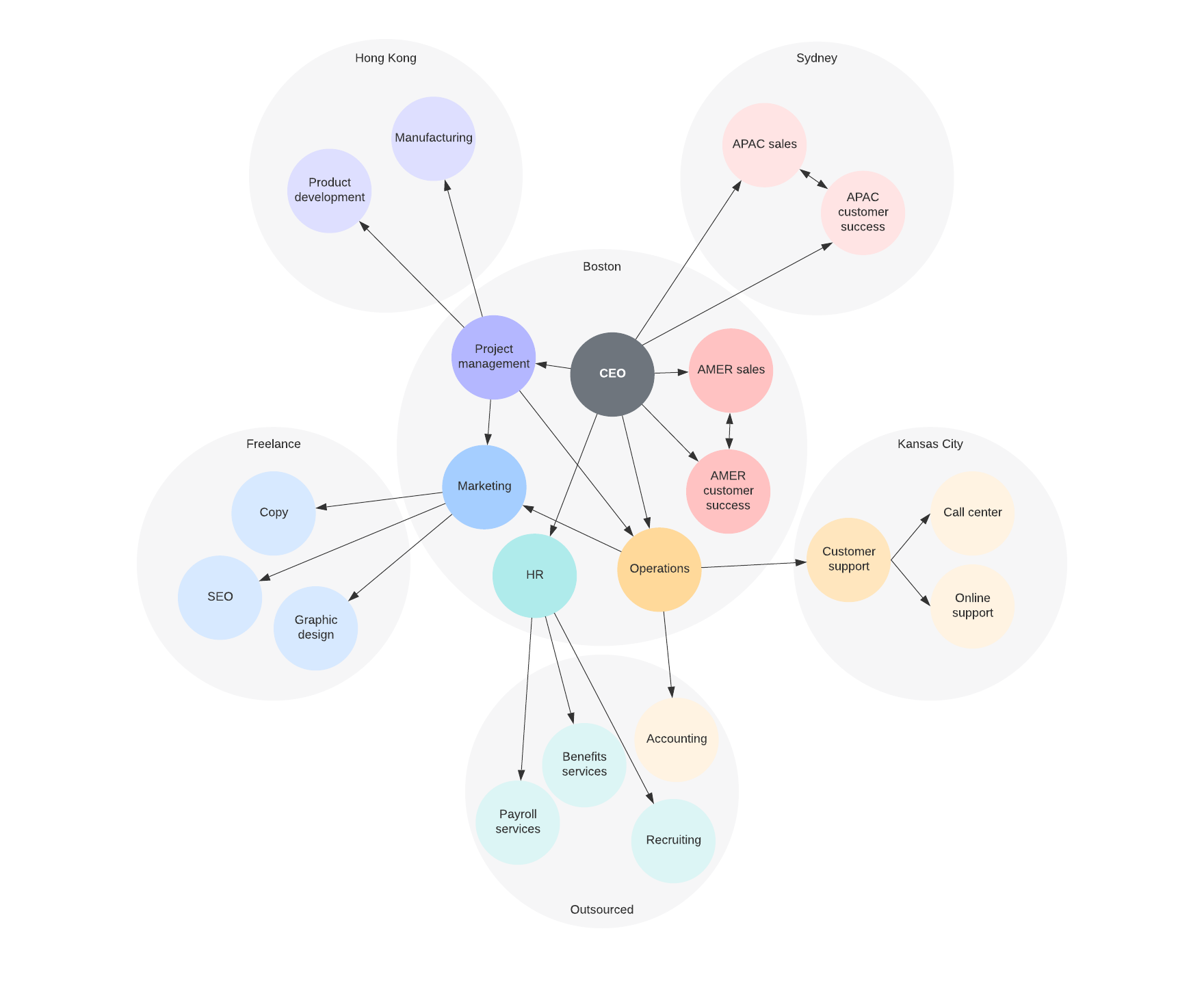
Organizations require structure. And the larger that an organization gets, the more structure it needs. That might seem pretty obvious in today’s world, but I suspect it was less obvious in the 1830s among the Saints who had joined the church, many because of the way other churches operated. After the ‘constitution’ of the Church in section 20, section 42 further defined how the church operated, as the need for more organization arose. In addition, these sections also outlined principles for how we should act within the church as well as how the church was structured. So its not surprising… Read More
-
•
•
14 responses

The 1832 account of the First Vision has always been treated as the black sheep of the family when it comes to contemporary accounts of that event. It is the most unique out of the accounts in several ways. Kyle Beshears recently published a chapter, giving an important explanation of some of those differences. He also spoke about these ideas in a recent interview at the Latter-day Saint history blog From the Desk. What follows here is a copost to that interview. Read More
-
•
•
26 responses

While I don’t know if Abinidi and Limhi knew of each other, I think it’s likely that they did. Abinidi is, of course, known for his parrhesia before King Noah, and Limhi is Noah’s son, who succeeded him and whose later comments indicated that he knew his father was doing evil. Today, most of the time, we focus on Abinidi more than we do on Limhi. We admire the courage that he had to speak up even though he knew that his life was threatened. But what about Limhi? Was he of age when Abinidi called Noah, his priests, and… Read More
-
•
•
3 responses

Latter-day Saint Art: A Critical Reader is an excellent resource and insightful journey. The book aspires to be “the first expert critical treatment of Mormon visual art”, and it offers a breadth and depth that live up to that ideal. The volume includes twenty-two essays by scholars from various disciplines, perspectives, and backgrounds who offer analyses of Latter-day Saint artistic production and culture. The text is accompanied by elegant reproductions of more than 200 works of art relating to Latter-day Saints, including panorama paintings, quilts, architecture, sculpture, cartoons, film, gallery installations, indigenous works and more. At 664 large pages, it’s… Read More
-
•
•
5 responses
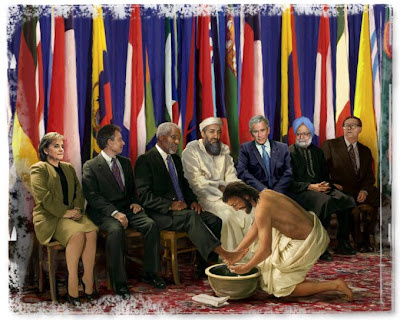
A controversial image, but I think it makes the radical love point quite well. The infamous Nickel Mines massacre of Amish schoolchildren–and the community’s supernal forgiveness towards the killer and his family–is familiar to Latter-day Saints through President Faust’s 2007 address “The Healing Power of Forgiveness.” For those of you who do not remember the talk, President Faust’s discussion is worth citing at length, but feel free to skip ahead if you have already read it. In the beautiful hills of Pennsylvania, a devout group of Christian people live a simple life without automobiles, electricity, or modern machinery. They work… Read More
-
•
•
18 responses
So here I present an idea about Christ’s injunction to the rich young man that I read in a book I really like. We all know the story and know it’s often used to as bludgeon to declare that Christians are coming up short of their charitable obligations. Read More
-
Come Follow Me Currculum, Doctrine and Covenants, Hymns, Latter-day Saint Thought, Poetry, SS Lesson – Doctrine and Covenants
•
•
I feel like I could just repeat the introduction I made three weeks ago, to the lesson for the week ending April 6th, which also spoke about the gathering. However, this week’s lesson is a little different, since it focuses on why we are gathered instead of simply that there is a commandment to gather. Since I explained three weeks ago that the nature of gathering has changed over the history of the church, from a physical gathering to a spiritual gathering, its no surprise that the reasons for gathering are different as well. But I suspect that today’s reasons… Read More
-
•
•
13 responses
Spoiler alert. One of the most powerful scenes dealing with abortion in cinema is in the Godfather Part II (much more nuanced than, say, Cider House Rules, which is basically the pro-choice version of a preachy 1980s seminary movie.) In it Mafia don Michael Corleone’s wife admits that the child he was looking forward to wasn’t lost to miscarriage but to an abortion. It was an abortion. An abortion, Michael. Just like our marriage is an abortion. Something that’s unholy and evil. I didn’t want your son, Michael, I wouldn’t bring another one of you sons into this world! It… Read More
-
•
•
10 responses
It was a Jehovah’s Witness many years ago that pointed out to me the connection between “these my brethren” in Matthew 25:40 and Jesus calling those who “do the will of God … my brother, and my sister, and mother.” (Mark 3:31-35, Matt 12:46-50, Luke 8:19-21. See the comments in my last post). I’m interested in what you think of that connection, but I do think that it suggests an element of community building in Matthew 25:31-46 that I see as similar to Mosiah 18:8-9. Read More

